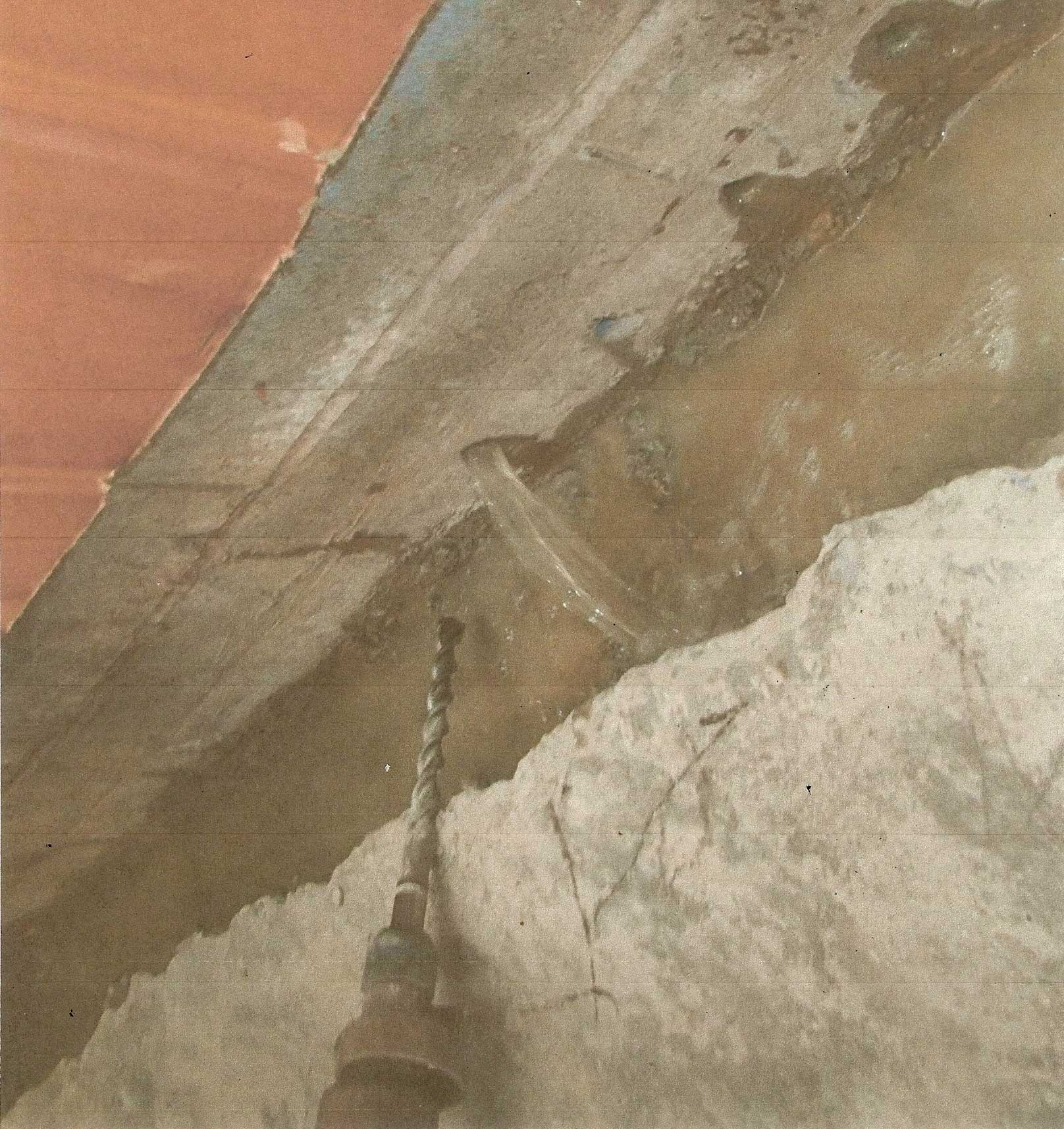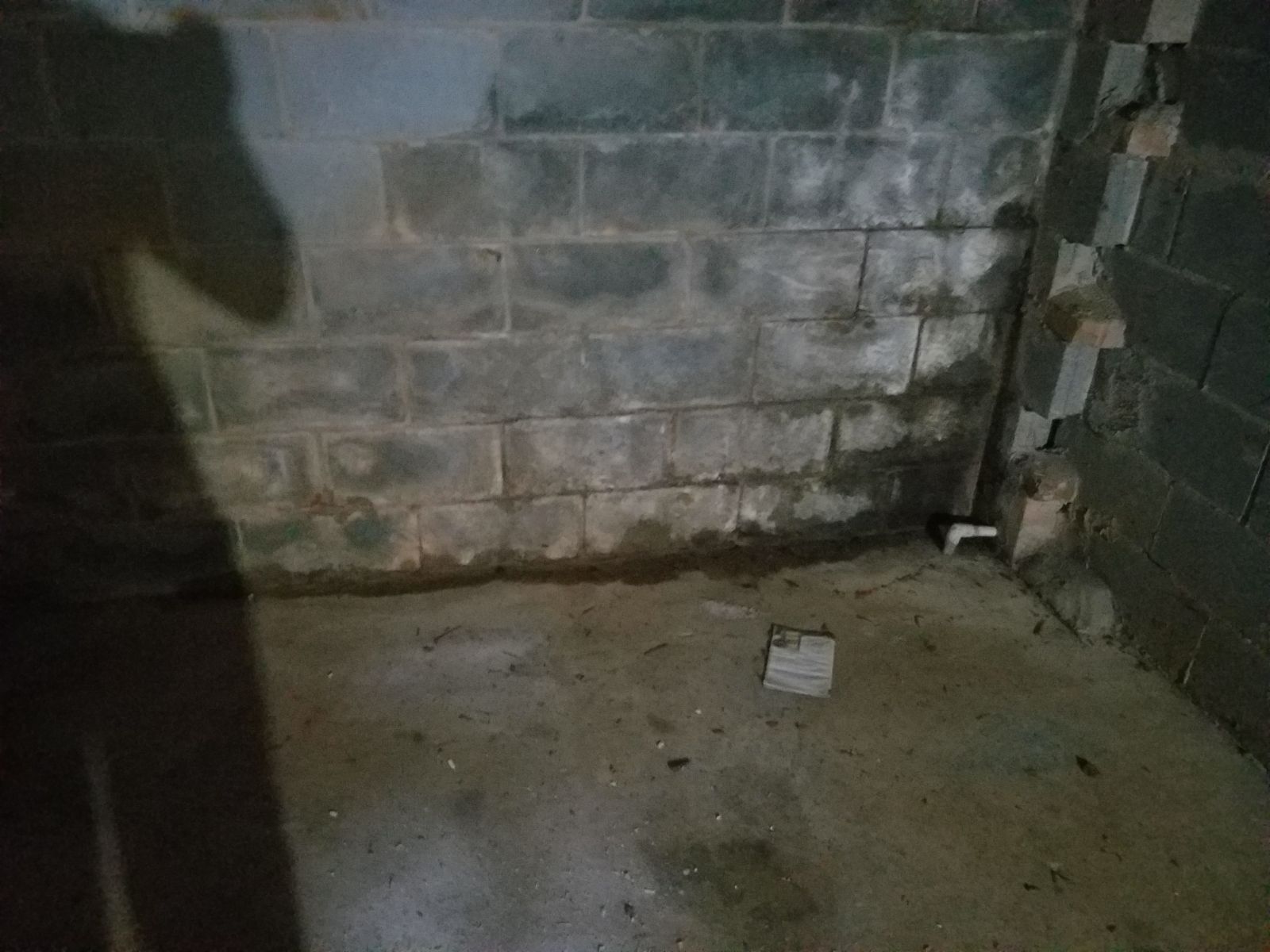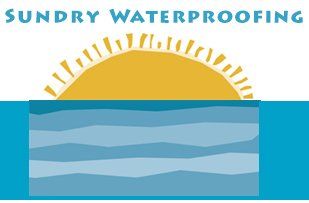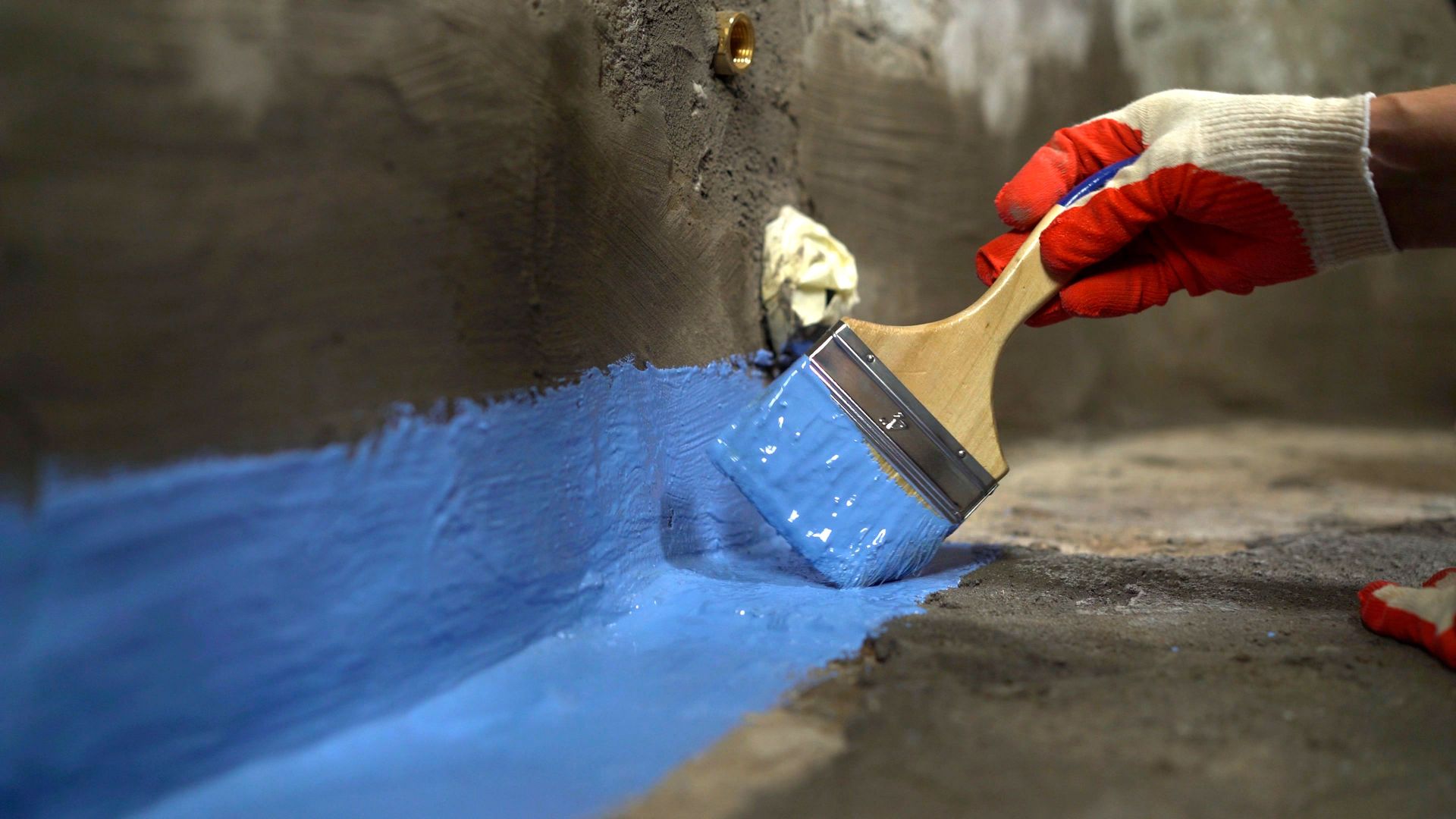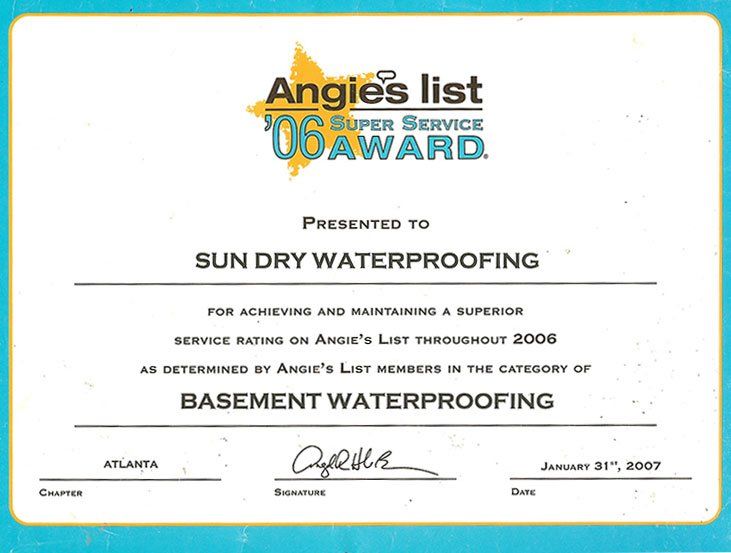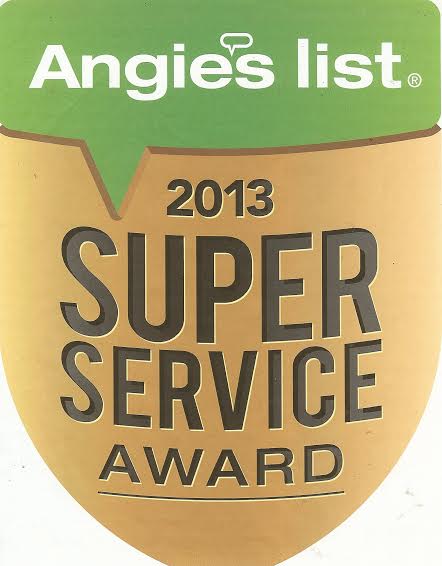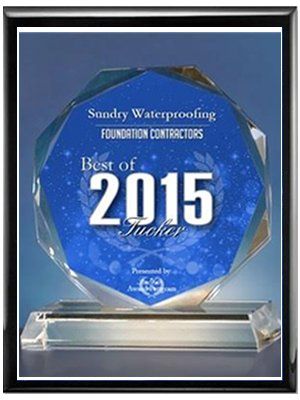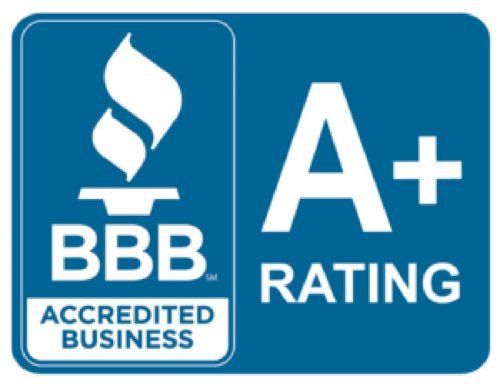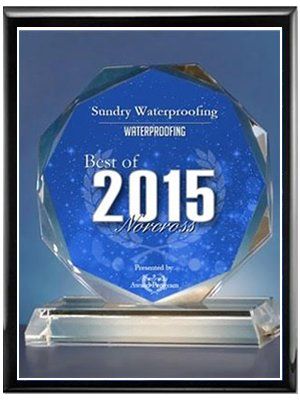Residential Waterproofing Tips for Rainy Season in Atlanta, GA

Sundry Waterproofing understands the toll Atlanta’s rainy season can take on your home. With unpredictable downpours and extended wet weather, preparing in advance with effective residential waterproofing in Atlanta, GA, is essential to protect your home’s structure and indoor air quality. If you’re unsure where to begin, this blog outlines a practical checklist to safeguard your property before and after heavy storms hit.
Why Waterproofing Matters in Atlanta's Climate
Atlanta’s mix of humid summers and intense thunderstorms increases the risk of water damage, mold growth, and foundational instability. Without proactive maintenance, water can quickly find its way through cracks, weak foundations, and neglected drainage systems. This is where high-quality home waterproofing in Atlanta, GA, becomes vital—especially before the rainy season starts.
Pre-Storm Waterproofing Checklist
1. Clear Gutters and Downspouts
Clogged gutters are a common cause of roof leaks and foundation flooding. Remove leaves, debris, and buildup from gutters, and make sure downspouts extend several feet away from the home to prevent water from pooling around the foundation.
2. Inspect Yard Grading
Ensure the soil around your house slopes away from the foundation. Poor grading directs water toward your basement or crawl space. If needed, regrade areas or install swales to redirect water effectively.
3. Check Your Sump Pump
A working sump pump is your home’s first line of defense against basement flooding. Test it before storms arrive by pouring water into the pit and observing if it activates. Also, consider installing a battery backup to maintain function during power outages.
4. Seal Cracks in Foundation and Walls
Even hairline cracks can allow water intrusion during a storm. Sealing them with professional-grade materials helps prevent seepage and further deterioration.
5. Schedule a Professional Inspection
An expert can identify early warning signs you may overlook—like moisture-prone spots, improper sealing, or hidden drainage issues. A thorough inspection is key to reliable residential waterproofing in Atlanta, GA.
Post-Storm Inspection Tips
After a heavy storm, your home may be showing signs of water stress. Here’s where to check:
1. Pooling Around the Foundation
Look for standing water around the perimeter of your home. This could indicate poor drainage or blocked gutters, both of which threaten your foundation.
2. Interior Damp Spots
Inspect your basement, crawl space, and lower-level walls for damp patches or mold smells. These are strong indicators of seepage or elevated moisture levels.
3. Check Windows and Doors
Leaks often begin at vulnerable entry points. Ensure your window wells, seals, and door thresholds are intact and watertight.
4. Look at Insulation and Flooring
Wet insulation or soft spots in your flooring may point to hidden leaks. Address these issues quickly to avoid mold growth and structural damage.
How Sundry Waterproofing Can Help
With years of experience offering reliable
home waterproofing in Atlanta, GA, Sundry Waterproofing goes beyond quick fixes. Our comprehensive services include inspections, foundation sealing, sump pump installation, French drain systems, and moisture control. We tailor every solution to Atlanta’s unique climate challenges and each homeowner’s property layout.
If you’re unsure whether your home is ready for the next big storm, don’t wait. Let us evaluate your current waterproofing setup and recommend improvements that prevent future issues. Investing in prevention now is far more cost-effective than repairing serious water damage later.
Prepare now, protect always. For peace of mind this rainy season, trust the experts at
Sundry Waterproofing. Schedule your waterproofing consultation by clicking
waterproofing or calling us at
(678) 969-9080.
